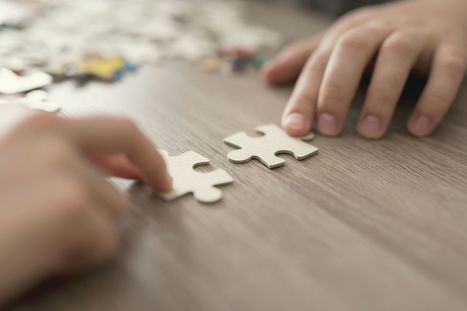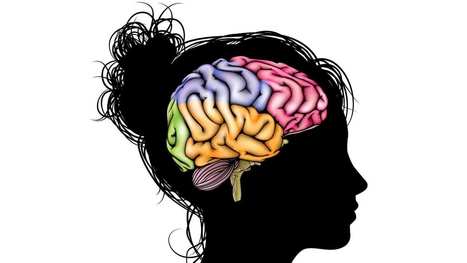“A boy at my table made fun of me during math today,” my second-grader told me one evening after bedtime. Worries tend to spill out after lights out.
“He said, ‘What?! You are still working on that packet? I finished that yesterday.’ ”
Swallowing my fierce first reaction, I said, “Oh, so how did you handle it?”
“I told him, ‘I like my learning pace. Your fast pace doesn’t work for me. I take my time.’ ”
I was stunned by her courage and her practical insight: speeding through the material is not the path to academic mastery.
In my work as an education journalist, I often take research about learning and the brain and translate it into usable chunks of information for parents and teachers. But this fall, I took on a personal challenge. Could I teach my 8-year-old about how the brain learns? And could this knowledge help her strengthen her academic confidence and agility?
Research and publish the best content.
Get Started for FREE
Sign up with Facebook Sign up with X
I don't have a Facebook or a X account
Already have an account: Login
News, reviews, resources for AI, iTech, MakerEd, Coding and more ....
Curated by
John Evans
 Your new post is loading... Your new post is loading...
 Your new post is loading... Your new post is loading...
|
|











